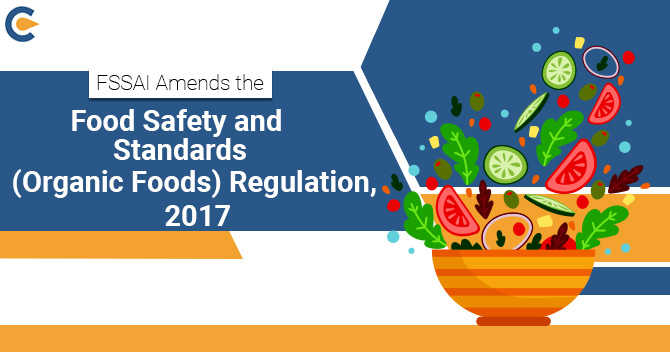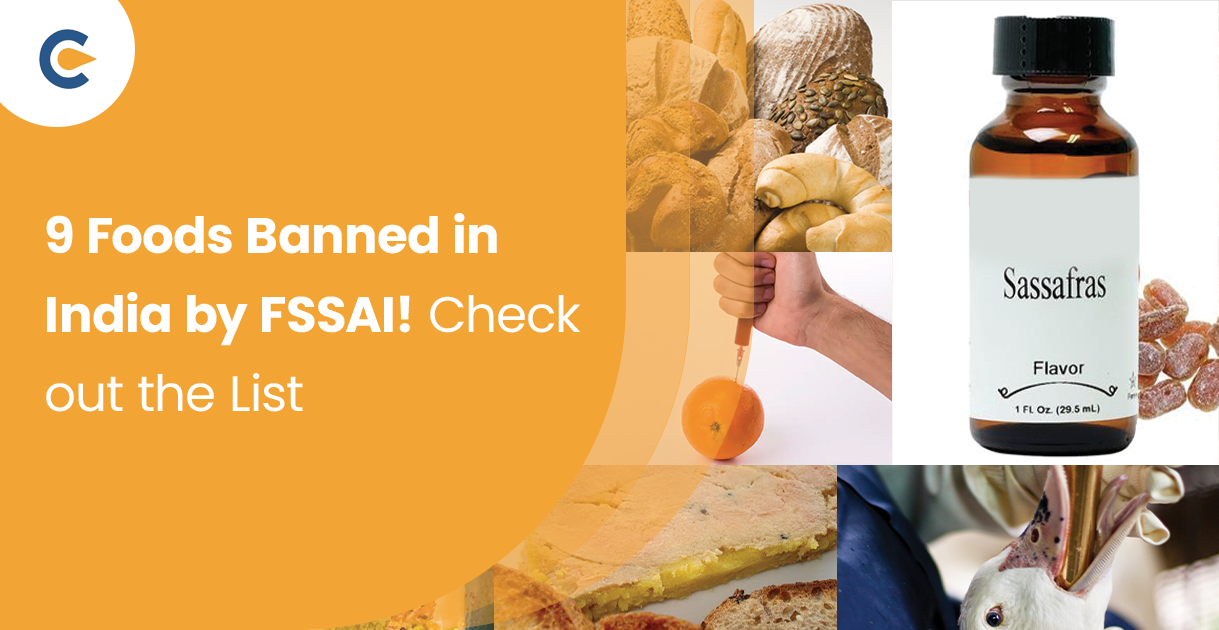The apex food regulator of India FSSAI has rolled out new provisions vide Notification No. F. No. Stds./Organic/Notification-01/FSSAI-2019 Dated: 14th October 2021 to modify the prevailing Food Safety and Standards (Organic Foods) Regulation, 2017. The said provisions shall become functional on the publishing date, and all FBOs are mandated to comply with the same w.e.f. 1st May 2022
| Sr. No. | Regulation | Comments |
| 1 | Insertion: Regulation 4(3) [Applicability of the systems] (3) Aggregators or Intermediaries who accumulate or organic food article from small entity or producer and sell it to target customers directly, are exempted from the system’s provisions referred in sub-regulation (1) and they shall administer records of traceability & and fulfil the provisions of the system cited in the sub-regulation (1) & organic food article shall not the FSSAI’s logo | By this amendment, the food regulator has provided for exemptions to Intermediaries or Aggregators who accumulate organic food article from small producers or entity and sell it to the customers directly, from meeting the provisions of the given systems: (i) Participatory Guarantee System for India (PGS-India); (ii) National Programme for Organic Production (NPOP); (iii) Any other standards as may be notified by the Food Regulator from time to time. Aggregators or Intermediaries shall abide by the certain conditions. |
| 2 | Insertion: Regulation 5(3) [Labelling] (3) In-conversion items that comes under PGS-India might be tagged as ‘PGS-Green’ or ‘In-conversion to organic’ and the conversion items under NPOP might be tagged as ‘In-conversion to organic’ & shall also manifest the conversion year & such in-conversion items shall not tagged with FSSAI’s logo | In-conversion items that covered Under Participatory Guarantee System for India (PGS-India) might be tagged as ‘PGS-Green*’ or ‘In-conversion to organic’ & conversion items that come under the canopy of National Programme for Organic Production (aka NPOP) may be labelled as ‘In-conversion to organic’. |
What is the role of record of traceability in food businesses?
Ideally, records should be administered for a specified timeframe with consideration given to legal or consumer’s needs & to the shelf life of the items. Good practice for an FBO[1] is to retain traceability records for products’ shelf life plus a definite period, e.g. twelve months. Such practice does come in handy during an unexpected on-site inspection conducted by FSSAI’s officials.
What is PGS-Green?
PGS refers to a process of authenticating organic items, which ensure that their production stays in line with underlying quality guidelines and standards. The certification is in the form of a statement or a documented logo.
What is the role national program for organic production (NPOP)?
National Programme for Organic Production (NPOP) was launched in 2001. This scheme aims to ensure the systematic development of the organic agri-sector in the nation. Nearly all forms of horticultural, agricultural, & non-food crops are being cultivated under the organic certification process.
Conclusion
The recent amendments made to Food Safety and Standards (Organic Foods) Regulation seeks to exempt intermediaries and aggregators from the meeting provisions of the established system such as NPOP, PGS-India, or FSSAI-regulated system. Further, the amendment sets out some labelling requirements for in-conversion products that come under the ambit of PGS-India and NPOP, respectively.
Read our article:A Comprehensive Study on 2021 Announcement Released by FSSAI











